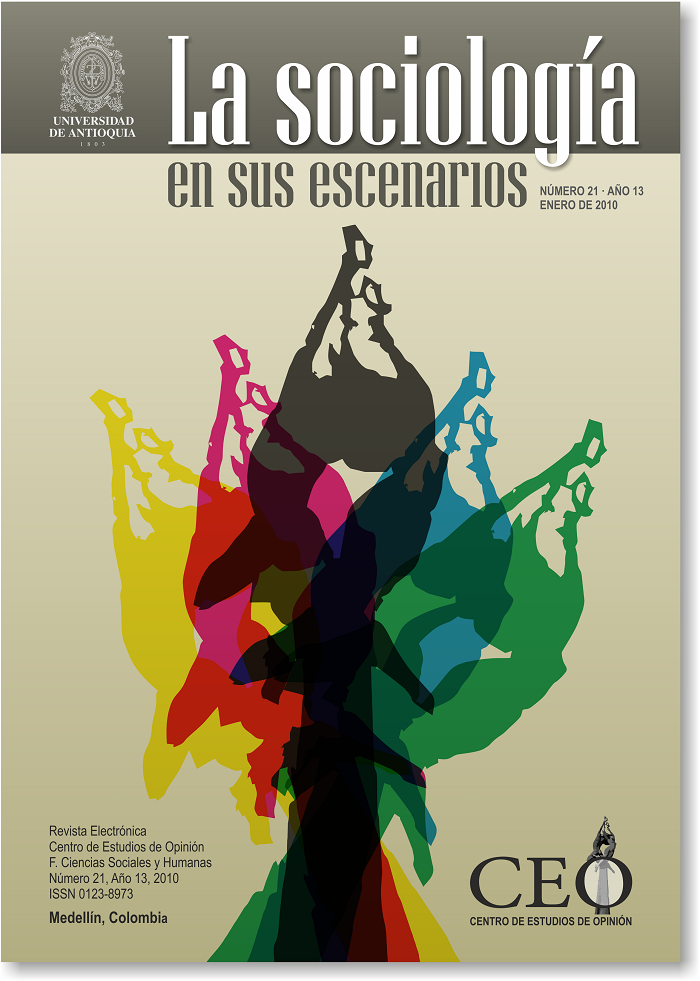LA VERDAD DE LAS ENCUESTAS DE OPINIÓN PÚBLICA
Keywords:
Ciencias sociales, Survey, Análisis cuantitativo, Estudios de Opinión, Encuestas sociales, Sondeos electorales, Polls, Diagnosticos Socioeconomicos, Calidad de VidaAbstract
Resumen. Las encuestas de opinión pública constituyen instrumentos científicos sujetos a márgenes de error que permiten expresar la opinión de una sociedad. Contrariamente a la idea popular, su diseño e implementación necesitan del cumplimiento de una serie de requisitos basados en leyes estadísticas que las sustenten. No deberían confundirse con los llamados "sondeos de opinión pública", que expresan las preferencias de un conjunto de personas cuya selección no responde a alguna metodología rigurosa. Por ejemplo, si nuestro objetivo hubiese sido conocer el candidato de preferencia para las elecciones del 27 de abril en la ciudad de Córdoba y nos hubiésemos ubicado en la puerta de ingreso a la Facultad de Ciencias Económicas y preguntado a toda persona que sale o entra por quien va a votar, los resultados que se hubiesen obtenido serían absolutamente parciales y sesgados; de ninguna manera hubiese sido sensato extenderlos a toda la población cordobesa. En realidad, esto debería denominarse sondeo de opinión y no encuesta, para lo cual deberíamos haber diseñado o adoptado alguna metodología de muestreo precisa, fundamentada matemáticamente y en base a ella obtener una muestra representativa de todo el universo en estudio, en este caso la población habilitada para votar de la ciudad de Córdoba.
Abstract.. The surveys of public opinion constitute subject scientific instruments to allowable errors that allow to express the opinion of a society. Contrary to the popular idea, their design and implementation need the fulfillment of a series of requirements based on statistical laws sustain that them. "Public opinion polls" would not have to be confused with the calls, that express the preferences of a set of people whose selection does not respond to some rigorous methodology. For example, if our objective had been to meet the candidate preference for the elections of the 27 of April in the city of Cordova and we would have been located in the door of enter the Faculty of Economic Sciences and asked all person who leaves or enters by who is going to vote, the results that had been obtained absolutely partial and would be slanted; of no way he would have been sensible to extend them to all the Cordovan population. In fact, this would have to denominate opinion poll and nonsurvey, for which we must have designed or have adopted some methodology of precise sampling, based mathematically and on the basis of her to obtain a representative sample of all the universe in study, in this case the qualified population to vote of the city of Cordova.





